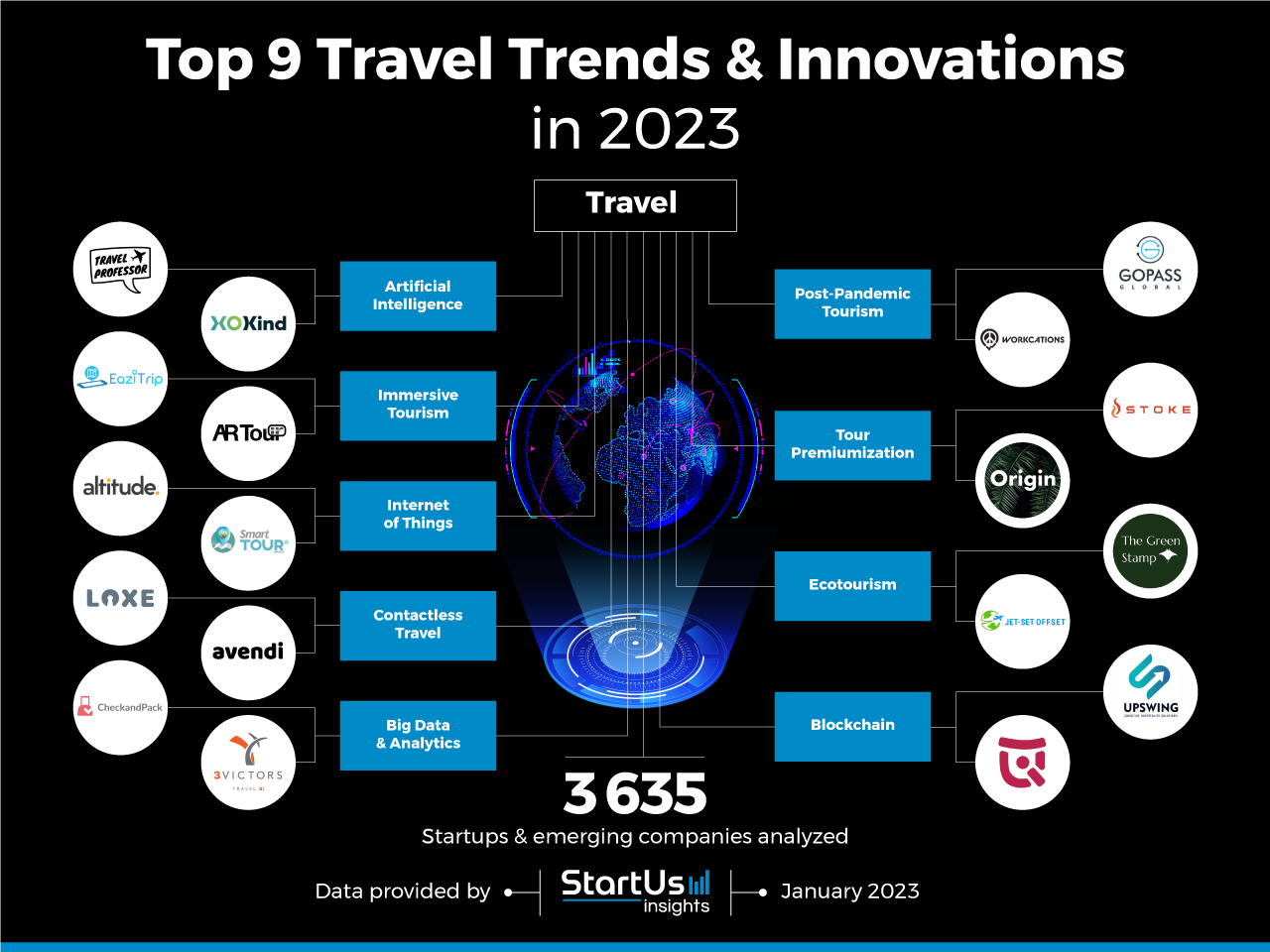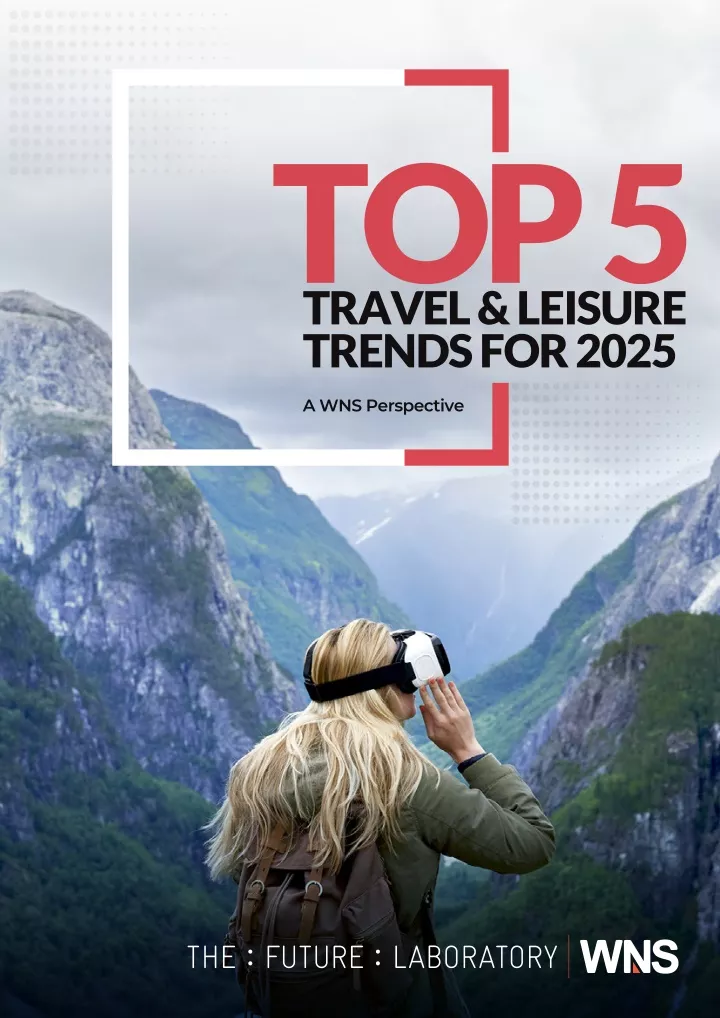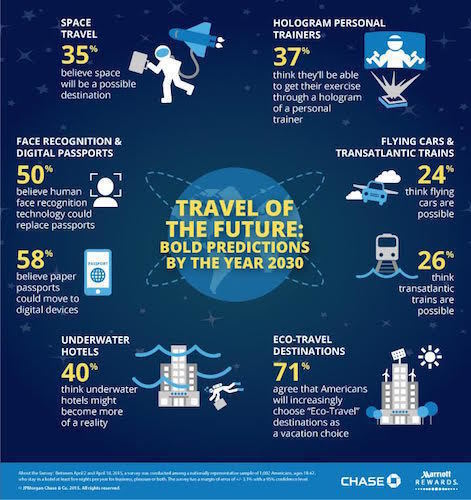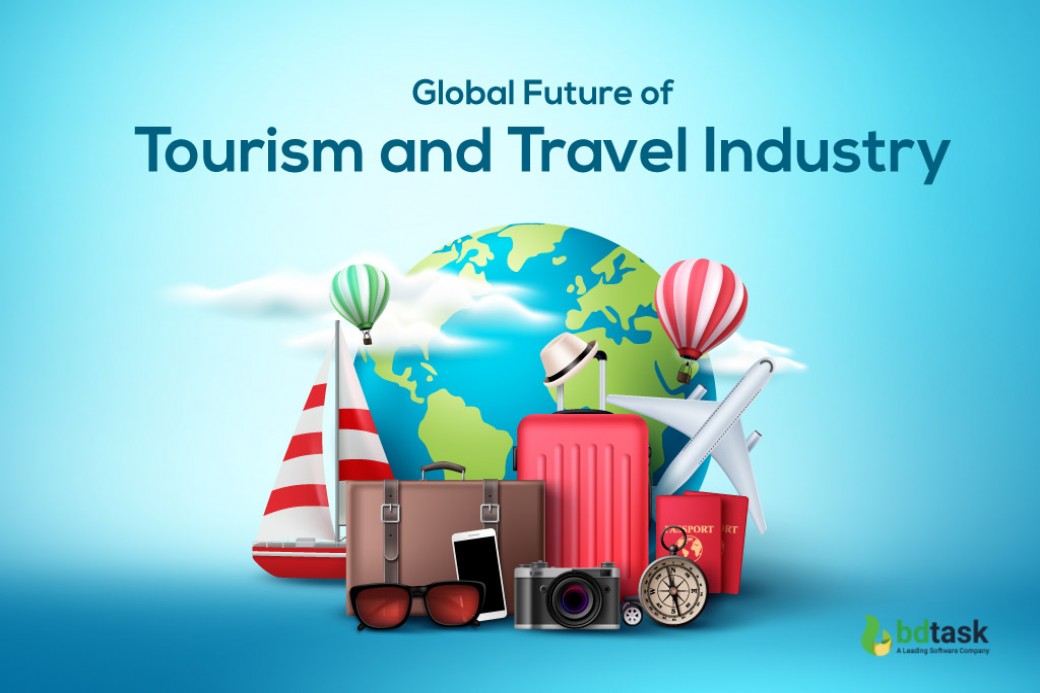The Evolving Landscape of Travel in 2025: Trends, Innovations, and Considerations
Related Articles: The Evolving Landscape of Travel in 2025: Trends, Innovations, and Considerations
Introduction
With enthusiasm, let’s navigate through the intriguing topic related to The Evolving Landscape of Travel in 2025: Trends, Innovations, and Considerations. Let’s weave interesting information and offer fresh perspectives to the readers.
Table of Content
The Evolving Landscape of Travel in 2025: Trends, Innovations, and Considerations

The year 2025 promises a vibrant and dynamic travel landscape, shaped by a confluence of technological advancements, evolving consumer preferences, and a renewed emphasis on sustainability. This evolving environment presents both opportunities and challenges for travelers and the tourism industry alike.
Emerging Trends:
1. Hyper-Personalization: Travel experiences are becoming increasingly tailored to individual needs and preferences. Artificial intelligence (AI) plays a crucial role in this, analyzing data to understand traveler behavior and providing personalized recommendations for destinations, accommodations, activities, and even dining experiences. This trend is expected to lead to a shift from mass tourism towards more niche and customized travel itineraries.
2. Sustainable Travel: Environmental consciousness is driving a surge in demand for eco-friendly travel options. Travelers are increasingly seeking out sustainable destinations, accommodations, and activities that minimize their environmental footprint. This includes opting for carbon-neutral travel, supporting local communities, and engaging in responsible tourism practices.
3. The Rise of Immersive Experiences: Virtual reality (VR) and augmented reality (AR) are transforming the way people experience travel. Travelers can now virtually explore destinations, immerse themselves in cultural experiences, and even participate in interactive simulations. These technologies provide a unique opportunity to bridge the gap between the physical and digital worlds, offering a more engaging and interactive travel experience.
4. The Importance of Wellness: Travel is increasingly seen as an opportunity for personal growth and well-being. Travelers are seeking out destinations and activities that promote physical, mental, and emotional health. This includes wellness retreats, yoga and meditation retreats, and activities that focus on mindfulness and self-discovery.
5. The Growing Popularity of Solo Travel: Solo travel is becoming increasingly popular, particularly among younger generations. This trend reflects a desire for independence, self-discovery, and the freedom to explore at one’s own pace. Solo travelers are often seeking out unique and off-the-beaten-path destinations, and the tourism industry is responding by offering more tailored services and resources.
Innovations in Travel:
1. Smart Travel Technology: Smartphones, wearables, and other connected devices are revolutionizing the travel experience. Apps and platforms provide real-time information, personalized recommendations, seamless booking, and even contactless payment. This technology empowers travelers with greater control and convenience, making travel more efficient and enjoyable.
2. Biometric Security: Biometric technology, including facial recognition and fingerprint scanning, is being implemented in airports and other travel hubs to enhance security and streamline check-in processes. This technology promises to improve efficiency and reduce wait times while ensuring traveler safety.
3. Sustainable Transportation: The travel industry is embracing sustainable transportation options, such as electric vehicles, hybrid vehicles, and public transportation. These options contribute to reducing carbon emissions and promoting responsible travel practices.
4. Personalized Travel Guides: AI-powered travel guides are emerging, offering personalized itineraries, recommendations, and real-time updates. These guides leverage user data to provide tailored experiences, helping travelers discover hidden gems and navigate unfamiliar destinations with ease.
5. Virtual Tours and Experiences: VR and AR technologies are creating immersive virtual tours, allowing travelers to explore destinations from the comfort of their homes. These virtual experiences provide a preview of potential destinations and can even enhance the planning process.
FAQs:
1. What are the most popular travel destinations in 2025?
Predicting specific destinations is challenging, but trends suggest a continued interest in sustainable and off-the-beaten-path destinations. Travelers may seek out remote islands, eco-friendly lodges, and destinations with strong cultural heritage.
2. What are the key considerations for planning a trip in 2025?
Consider factors like sustainability, personalization, and the use of technology. Research destinations that align with your values and interests, explore personalized travel apps, and be prepared to embrace digital tools for booking, navigation, and information gathering.
3. How can travelers contribute to sustainable tourism?
Travelers can choose eco-friendly accommodations, opt for local transportation, support local businesses, minimize waste, and engage in responsible activities that respect the environment and local communities.
4. What are the benefits of using technology for travel planning?
Technology offers convenience, efficiency, and personalization. Travelers can access real-time information, compare prices, book flights and accommodations, navigate unfamiliar destinations, and access local recommendations with ease.
5. What are the risks associated with using technology for travel?
While technology offers benefits, travelers should be aware of potential risks, including data privacy concerns, reliance on internet connectivity, and the potential for technology failures. It’s essential to maintain a healthy balance between technology and traditional travel experiences.
Tips for Planning a Trip in 2025:
1. Embrace Technology: Utilize travel apps, websites, and digital tools to enhance your planning process, access information, and book travel arrangements.
2. Prioritize Sustainability: Choose eco-friendly accommodations, opt for sustainable transportation options, and engage in responsible tourism practices.
3. Consider Immersive Experiences: Explore virtual tours, AR experiences, and other technologies that offer immersive and engaging travel experiences.
4. Seek Out Personalized Recommendations: Leverage AI-powered travel guides and platforms that provide tailored recommendations based on your preferences.
5. Stay Connected: Maintain awareness of local regulations, travel advisories, and potential disruptions. Stay informed and adaptable to changes in travel conditions.
Conclusion:
The travel landscape in 2025 is poised for significant transformation, driven by technological advancements and evolving consumer preferences. Travelers are embracing personalized experiences, sustainable practices, and innovative technologies to enhance their journeys. By understanding these trends and adapting to the evolving landscape, travelers can enjoy enriching and memorable experiences while contributing to a more responsible and sustainable travel industry. The future of travel is dynamic, innovative, and ultimately, about creating meaningful connections with the world around us.








Closure
Thus, we hope this article has provided valuable insights into The Evolving Landscape of Travel in 2025: Trends, Innovations, and Considerations. We appreciate your attention to our article. See you in our next article!